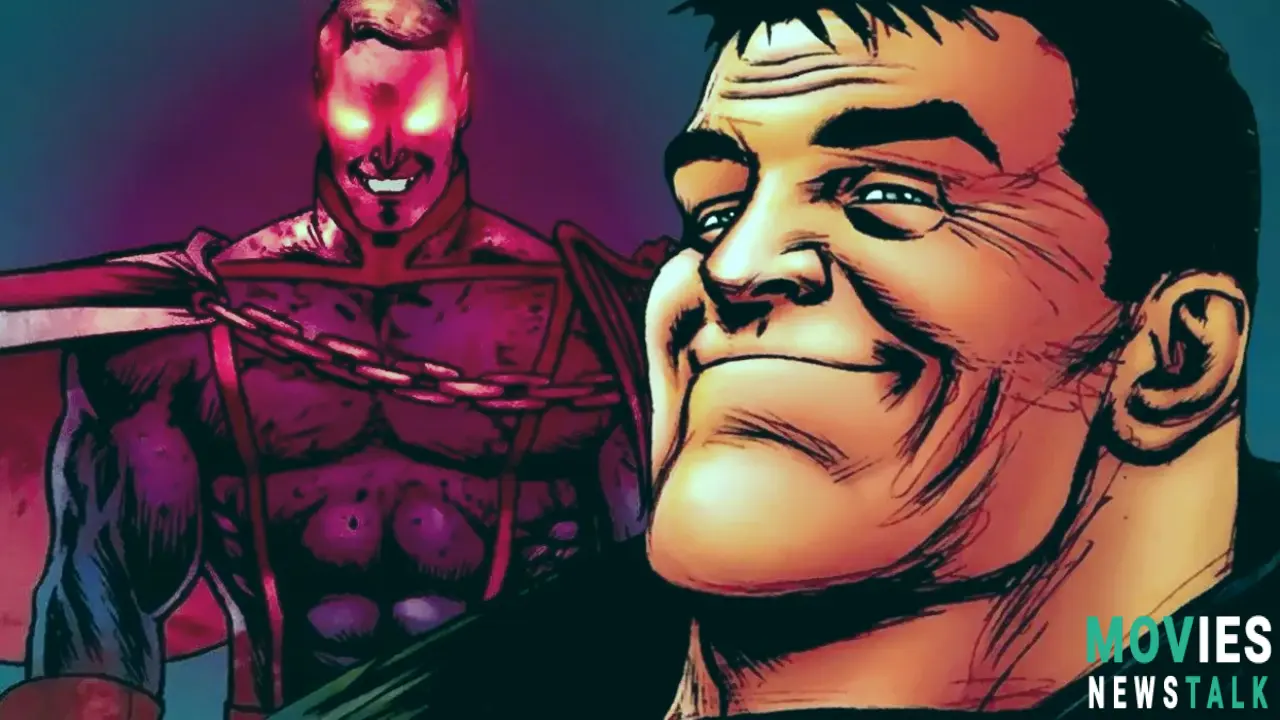Vought-American Is The Real Evil At The Heart Of "The Boys"
Vought-American sought wealth and power at a great human cost, and directly incited all the suffering that occurred in The Boys, making them the true villain of the series.
Underneath its avalanche of foul language and gruesome gore, The Boys offered a morally complex fictional world, one that embodied a coherent social critique. Essential to this was Garth Ennis' depiction of Vought-American, a corporation that was depicted as having effectively established hegemony over the United States, and to a degree the rest of the world, through their proprietary discovery: Compound V, the formula for creating "supes." By introducing superpowered individuals to the world, Vought-American irrevocably changed human history – but as The Boys #19 revealed, the company had a tangible negative influence on the 20th century even before creating supes.
In "The Boys", Supes Represent Power – & Vought Controls The Supes
Just as Homelander was an extreme analogue for Superman...Vought-American ruthlessly reflected the worst attributes of some real-life corporations.
With The Boys, Garth Ennis did more than just undermine the conventions of the superhero genre – he offered a meditation on the nature of power, and its corrupting influence. He effectively used superhero characters as a metaphor to serve this end; for the majority of the series, however, The Boys' supes existed within a hierarchy which placed the upper echelon of Vought-American's executives above them. This is why the company should be looked at as the central "villain" of the series, even if it filled this role in a non-conventional way.
Vought Relied On Supes Heinous Behavior In Order To Control Them
As it became more successful, and came to envelop more subsidiary companies across more industries, the rate of suffering Vought-America viewed as acceptable increased exponentially.
A key part of The Boys was the role comic book representations of its "real" superheroes played in the world of the story. The supes "heroic" exploits were chronicled in comic books, published by a subsidiary of Vought – creating a significant revenue stream, but more importantly, a means of controlling the narrative about supes behavior. Behind the scenes, this allowed supes to get away with literal murder, as well as every other entry on the list of worst crimes imaginable. This, in turn, was a tactical consideration on Vought-American's part, as it helped them maintain control of the supes.
The Boys TV Adaptation Extends The Franchise's Corporate Critique
The TV version [of The Boys] has the opportunity to center Vought as the true villain of the story even more definitively than Garth Ennis' original story did.
The television version of The Boys makes significant changes to its source material – as does any ongoing adaptation, of course – but the spirit of the comic's critical stance on unchecked corporate power remains in place. Vought, rebranded as Vought-International, remains at the center of the story. What remains to be determined is what role it will play down the final stretch of the show's run, and whether its true villain status could be emphasized even more strongly than in Garth Ennis' original story.

